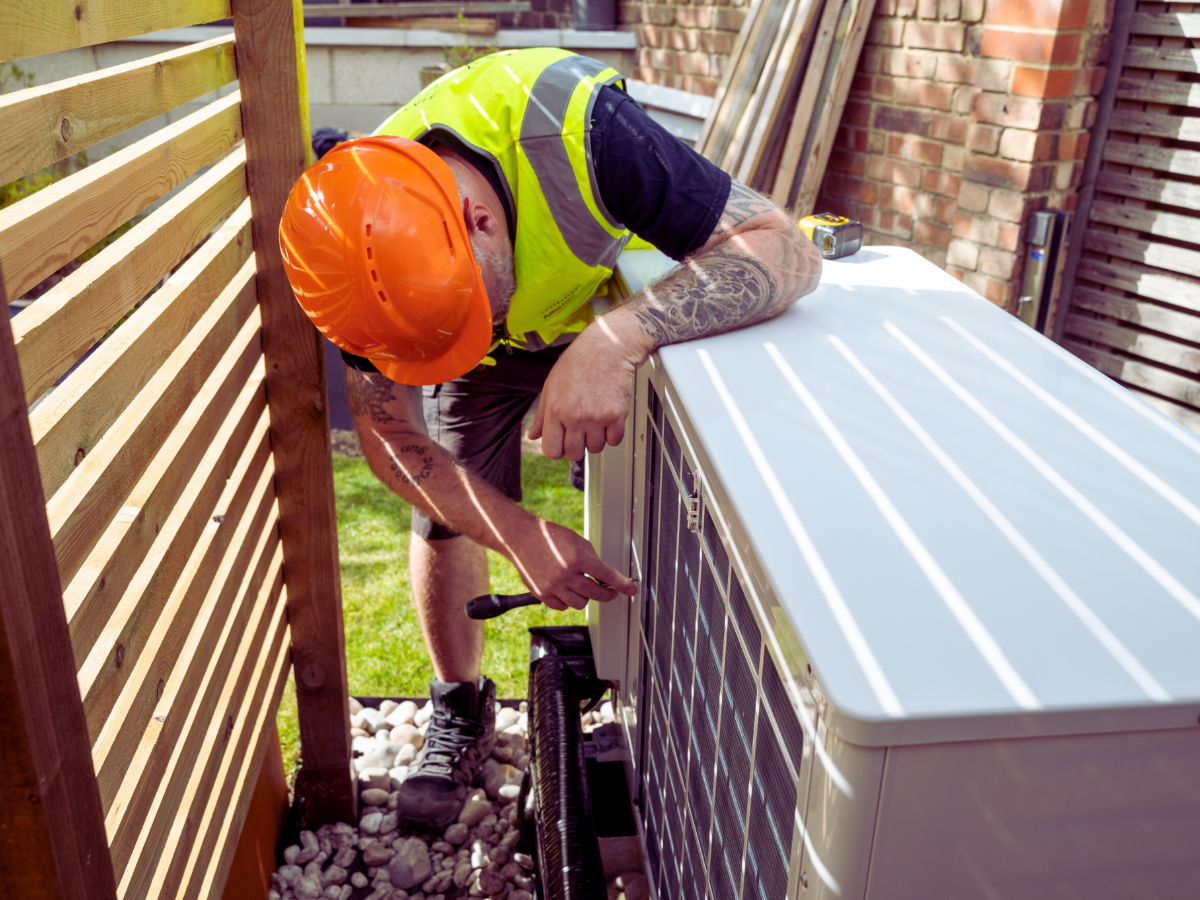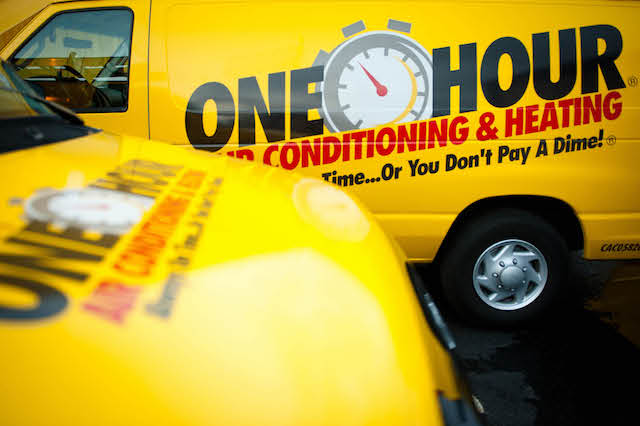 If you live in an old house and wonder whether a heat pump is a smart upgrade, you’re not alone. Heat pumps provide both heating and cooling in one system, but are they a good fit for a house with outdated ductwork or worn-out insulation?
If you live in an old house and wonder whether a heat pump is a smart upgrade, you’re not alone. Heat pumps provide both heating and cooling in one system, but are they a good fit for a house with outdated ductwork or worn-out insulation?
In many cases, yes. But only if the setup is done correctly.
In this guide, we’ll break down how heat pumps work, when they’re a good option for older homes, what retrofit solutions are available, and what to expect in terms of cost. We’ll also share expert tips to help you decide if a heat pump is the right choice for your home and your budget.
Key Takeaways
-Heat pumps can be installed in almost any house regardless of age
-Zoned or hybrid systems may be appropriate for your house
-Your budget and condition of your home will determine what your options are
-Tax credits and other rebates may be available
What is a Heat Pump and How Does It Work?
A heat pump transfers heat from the ground into your home instead of using a furnace to generate warm air. You can use an air source system or a ground source system depending on how your home is set up as well as your needs and budget.
One of the benefits of this product is that it can be used to cool your home during the summer months, and in most cases, they work just as well in extremely hot and cold climates as they do in temperate locations.
Common Challenges of Using Heat Pumps in an Old House
A lack of insulation, poor ductwork and the overall design of your older home are issues to consider when determining if a heat pump is best for your home. You may also have to contend with restrictions related to renovations of historic homes as well as other zoning requirements that your local government might impose.
Can a Heat Pump Really Work in an Old House? Yes—Here’s When and How
A heat pump can work in your older home assuming that it has adequate insulation and ductwork. In some cases, it may be possible to put in such a product even if your home lacks ductwork in key areas of the house.
Taking a tailored approach may help you find zoned or hybrid products that make it possible to heat or cool your home despite any issues caused by owning an older home.
Retrofit Options: Choosing the Right Setup for Your Home
A mini-split system is ideal if your home lacks ducts because the split itself can serve as a method of transporting air to a given space. A traditional heating setup is possible if your home has ducts or if you plan to add them to the structure, and it’s also possible to pair a heat pump with your furnace to create a hybrid setup.
What About Cost? Real-World Expectations
 You should expect to spend at least $1,500 for a mini-split system and as much as $15,000 for a central geothermal heating system. Of course, you need to add shipping, installation and other potential charges when determining your final cost.
You should expect to spend at least $1,500 for a mini-split system and as much as $15,000 for a central geothermal heating system. Of course, you need to add shipping, installation and other potential charges when determining your final cost.
It’s worth noting that tax rebates and incentives can significantly reduce the overall cost of your heat pump. In addition, reduced heating and cooling bills and reduced maintenance costs over the life of your unit may make it a less expensive option over the next decade or two.
When a Heat Pump Might Not Be the Best Fit
As you might expect, cost is the primary obstacle for those looking to switch from a traditional HVAC system to a heat pump. This may be especially true if you’d need to renovate your home to accommodate such a product.
In addition, your home may not be a candidate for a heat pump if it is excessively drafty. In such a scenario, much of the air generated will be lost between gaps in ductwork or gaps in any insulation already installed in the home. Finally, a heat pump may be difficult to operate in climates where the air is consistently cold and you lack a backup heating option.
Pro Tips Before You Commit
Prior to buying a heat pump, make sure to have a manual J load calculation done to determine what type of product you need. Furthermore, be sure that it is sized properly and avoid working with contractors that push oversized options as they typically aren’t worth the money. Finally, be sure to ask about how to maintain your system and what your backup options might be after it is installed.
Final Verdict: Is It Worth It?
In most cases, the answer to that question is yes. Of course, this assumes that you work with a professional to have it installed and that your home is properly constructed to accommodate whichever product you choose.
Choose One Hour for Heat Pump Installation in Clearwater, FL
 If you are ready to learn more about your heat pump options, call the team at One Hour in Clearwater today. In addition to heat pump installation, we can also maintain and repair existing heat pumps. Remember, we are always on time, or you don’t pay a dime for our services.
If you are ready to learn more about your heat pump options, call the team at One Hour in Clearwater today. In addition to heat pump installation, we can also maintain and repair existing heat pumps. Remember, we are always on time, or you don’t pay a dime for our services.
Frequently Asked Questions
Can a heat pump replace a boiler in an old house?
Yes, assuming that your home is properly constructed to allow for the heat pump to function properly. When installed correctly, a heat pump is often more efficient at generating hot water for use around your house.
How much does it cost to install a heat pump in a 100-year-old home?
The final cost of installing a heat pump in an older home depends on a variety of factors. These factors include the type of product that you buy, the size of your home and the cost of renovations needed to ensure the heat pump works properly.
Do old homes need new insulation for heat pumps to work?
Technically speaking, a heat pump should be able to function even if the insulation is less than ideally. However, for best results, you should consider having the insulation inspected and replaced if it is beyond its useful life. Benefits of new insulation may include reduced heating and cooling bills and better temperature regulation throughout the property.